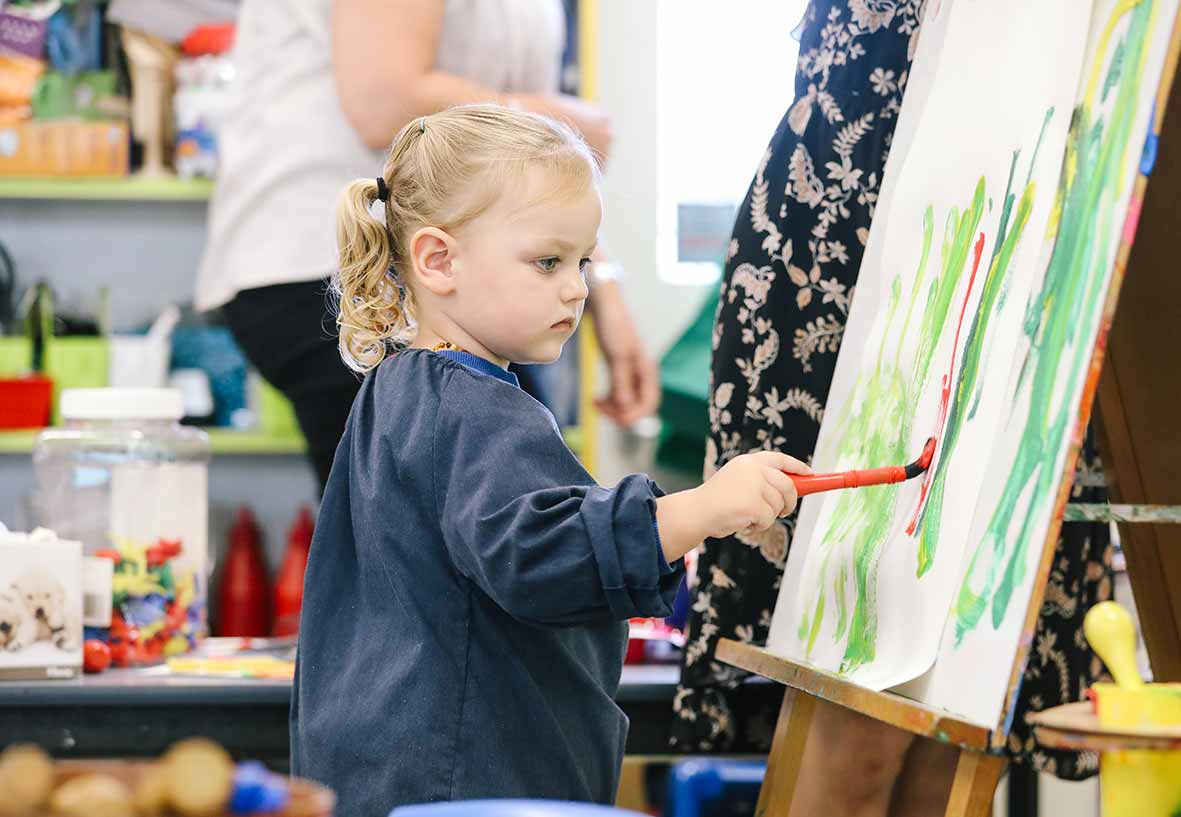As COVID-19 continues to have an impact on everyday life, many parents and caregivers might be experiencing an increased intensity in their children’s emotions and wondering how they can help their children to navigate these emotions.
Children’s feeling and behaviours
At this time children may be experiencing a wide range of emotions including; fear, worry, stress, anxiety, sadness, or frustration. These feelings may show up looking like anger, meltdowns, tantrums, refusal to do schoolwork, defiance, frequent changes in mood, nightmares, clinging to caregivers or regression in behaviour. Caregivers can help children by assisting them to acknowledge and understand their feelings. Some feelings may be easy to identify while others may be less obvious.
Catch feelings early
It is easier to manage low-level emotions. The more intense feelings are, the harder they are for the child, and the caregiver, to manage. Try to catch feelings early, before they get out of control.
This may involve recognising situations that trigger intense emotions in your child, and monitoring closely during those times. Be on the lookout for small signs of heightened emotions such as a raised voice, unwillingness to do a task, turning away from caregivers, not engaging, or clenched fists. When you notice feelings escalating, try to see it as a time to connect with your child and teach them skills to manage their own feelings.
Acknowledge and name emotions
When a child displays a challenging behaviour or emotion start by empathising – name the emotion and acknowledge how they are feeling. The simple act of empathising can start to soothe the emotion. This may be as simple as saying “Wow! I can see that you are feeling really frustrated with the spelling” or “I can hear that you don’t
want to do this right now, are you feeling worried?”
Support your child to name their own feelings if they can, or provide them with the label if they have difficulty.

Encourage problem solving
Encourage your child to think of different ways that they could respond to their feelings. Try to ask your child questions that will help them resolve the issue or problem. Younger children have fewer problem solving skills and may need more assistance in this area. You may need to make suggestions or offer a choice of solutions.
Practice coping or calming strategies
Practice some coping or calming strategies with your child that they feel comfortable trying. Practice when they are not experiencing an intense or difficult emotion, so they are able to use the strategy without too much thinking
when needed.
Strategies could include:
- Breathing (using fingers as candles and blowing them out one by one)
- Drawing or writing how they
are feeling - Whole body movement (run, jump on trampoline, skipping rope)
- Connecting with an adult
(sitting with or holding)
Be a role model
Children will learn how to express and manage their feelings by watching others. Show them that if you get angry, frustrated, or sad you also take steps to manage those feelings. You may even verbalise what you are doing. For example, if you start to get angry tell them that you are feeling angry and need to take time out to calm down.
Reinforce limits
Children benefit from understanding that having a range of emotions is okay, but there are limits to how feelings are expressed through behaviour. You may need to reinforce the expectations in your house and talk about why these limits exist.
Look after yourself
It is hard to help your child navigate their emotions if you are feeling overwhelmed. Take time out to care for yourself. See the Self Care for Parents During COVID-19 tip sheet or contact Ngala Parenting Line on 9368 9368 (metro) or 1800 111 546 (regional) if you need further support.

